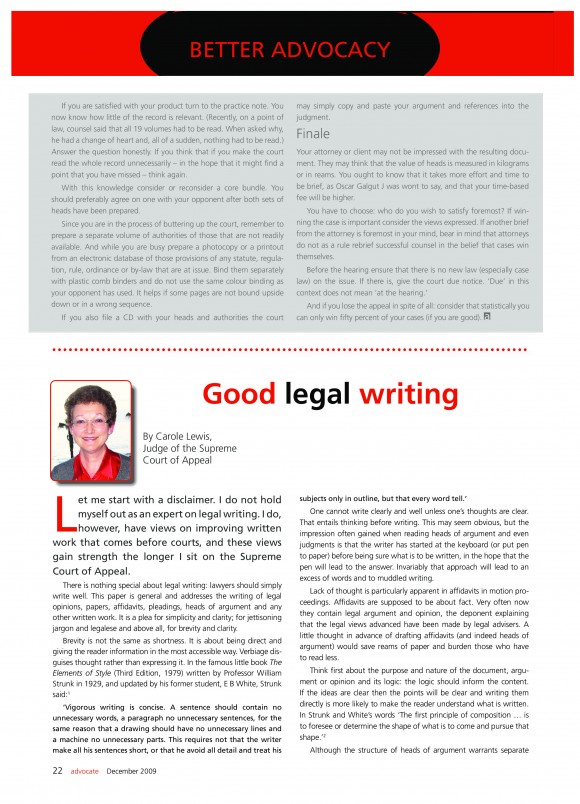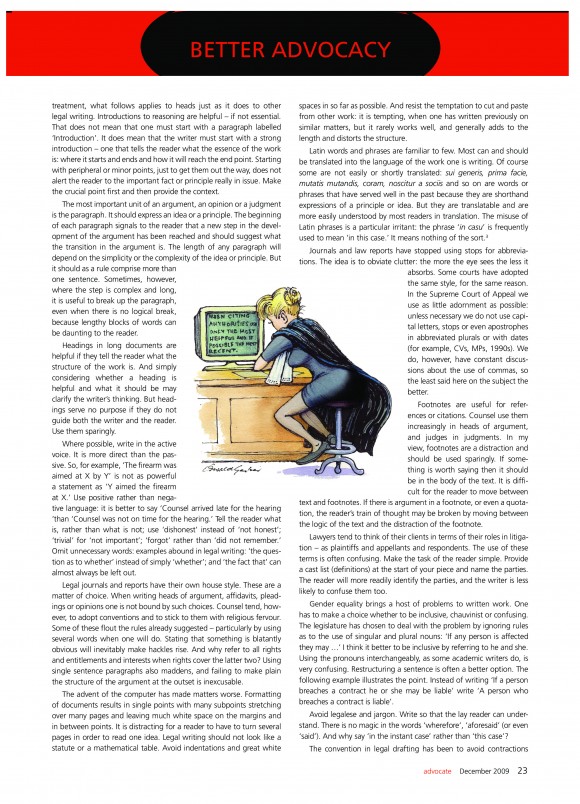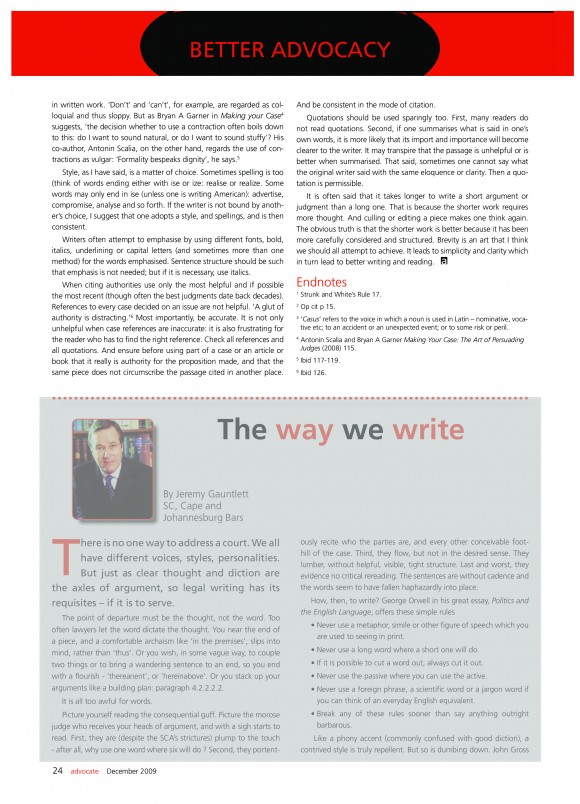
Clear communication – A critical success factor
BIO: Helen Burt is a professionally qualified business and personal development coach. Member of Coaches & Mentors Association of South Africa and the International Coaches Register. An Ennea International 5 Lens Certified Practitioner. A dual-qualified (United Kingdom and South Africa) lawyer with broad commercial and corporate legal experience and expertise. Has worked both in the UK and in SA in top-tier law firms and as general legal counsel for a number of organisations – including a multi-national publicly-listed global bank, a privately-held asset management company, a publicly-listed investment management company and an
How effective is your written communication? Do you know if it is making an impact, conveying your message clearly? Or is what you seeking to say getting ‘lost in translation’ due to writing which is poor, vague, muddled? As a lawyer, your ability to write clearly and coherently and be able to adapt your writing style to suit the requirements of your particular audience, is critical if you are going to be able to clearly get your message and advice across.
Some key learnings in developing a clear and persuasive writing style are:
- Know what it is that you want to write about
Know the message, advice that you want to bring across. This requires a great deal of prior preparation, research and much drafting, re-drafting and again, redrafting before you are ready to press the ‘send’ button.
- Know your audience
You need to know who you are communicating with, who will be reading and receiving your legal advice in order to ensure that you communicate in a way that ‘speaks’ to them and addresses their exact problems, questions, concerns.
Knowing your audience means that you will be better placed to tailor your writing in a way that they can understand – which means that they are more likely to listen to your advice.
- Be clear and concise
Do not write in obtuse, unclear legalese. Use plain, clear language and simple words. This does not mean write ‘simplistically’, or in a way that ‘dumbs down’ your audience – rather, it means avoiding overly long and complex sentences and words that add nothing to the message and advice you wish to convey.
“If you can’t explain it simply, you don’t understand it well enough” Albert Einstein
- Be structured
Ensure that you write in a structured manner – for example have clear headings for the different areas you wish to address, use paragraphs to differentiate between different thoughts, keep sentences short and always have a clear introduction and conclusion to summarise the importance of your advice.
“Good writing is clear thinking made visible” Bill Wheeler




